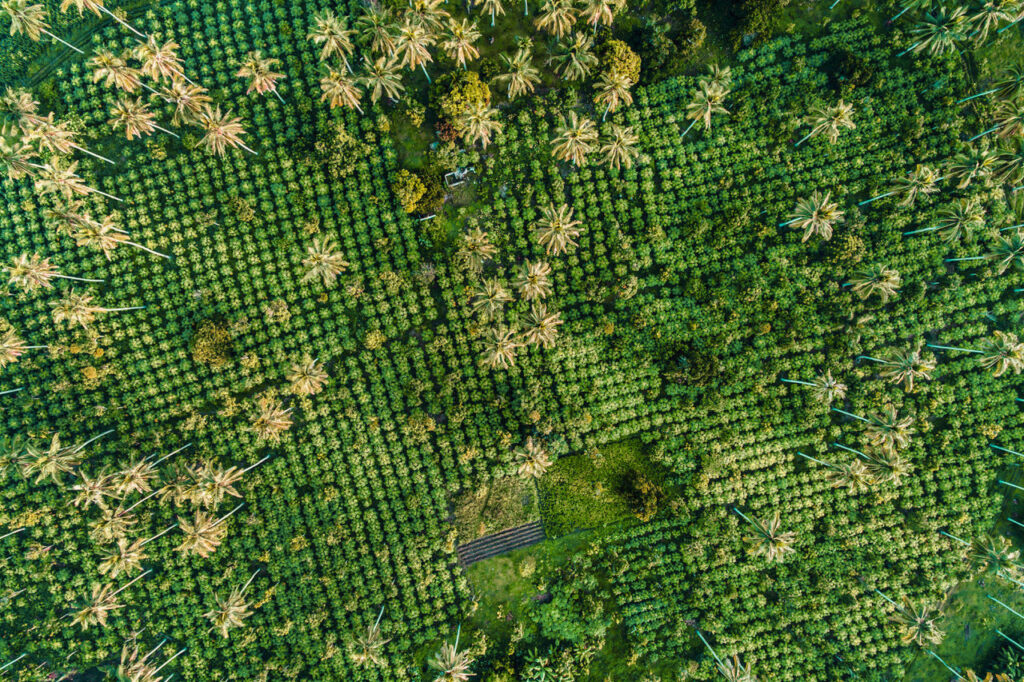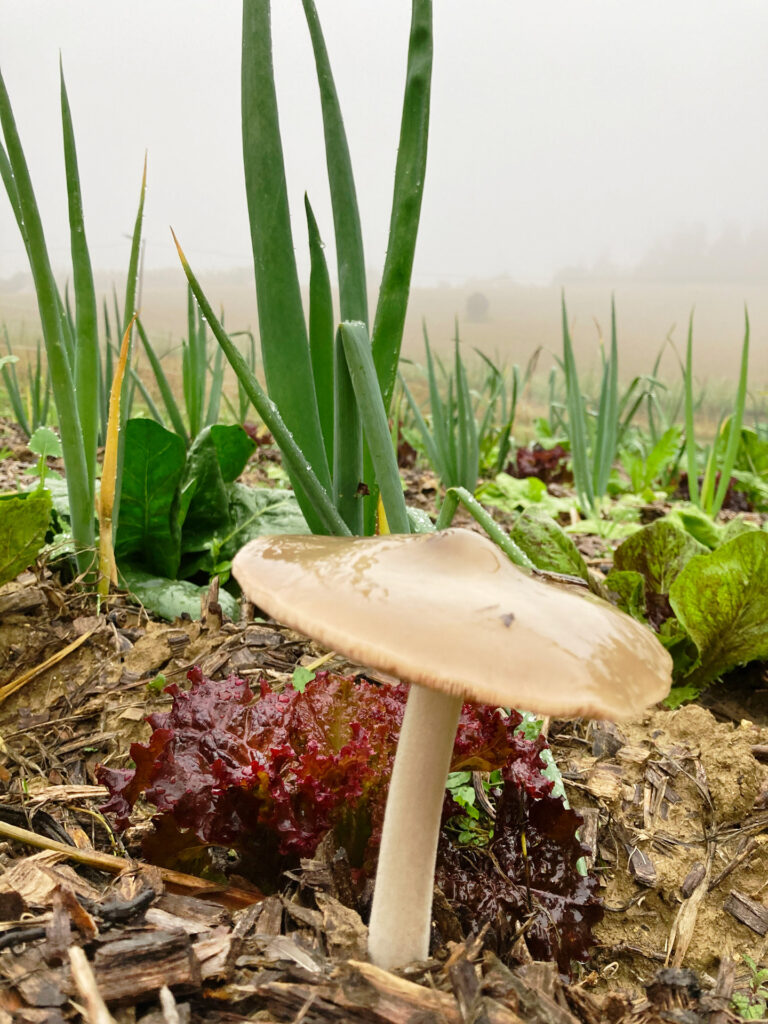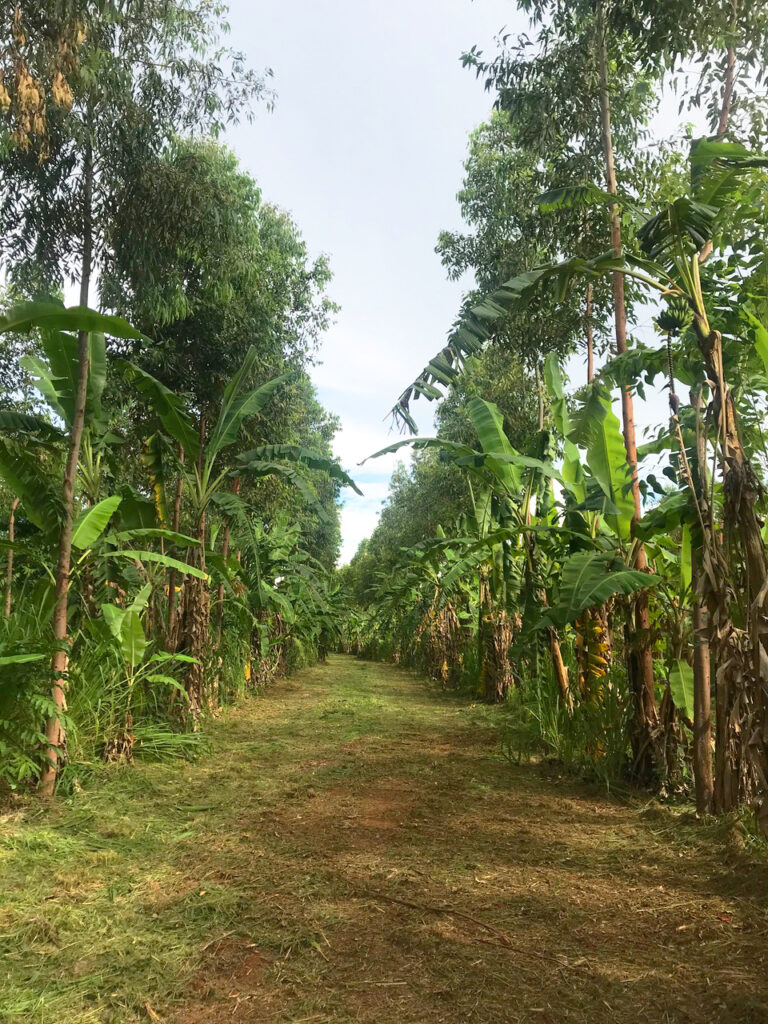The European Court of Auditors emphasizes how not enough is being done to combat and reverse the inexorable process of soil degradation tied to the exploitation of land and climate change. Reforestation and regenerative agriculture could make a decisive contribution. In fact, while intensive agriculture subjects the land to stress, through unsustainable chemical and mechanical processes that, in the long run, will render the soil completely sterile, the regenerative approach contributes to the reconstitution of natural cycles, improving productivity and the quality of life of farmers and animals, with a return to the well being of communities.

Daniele Cesano, a Piedmontese engineer, well established in Brazil, bears witness to this. There he has developed his Intelligent and Sustainable Smart Agro-climatic Module (MAIS), a syntropic approach capable of giving resilience and restoring fertility to lands cultivated and/or used for farming.

“In the last one hundred years agriculture has always extracted more than it has restored and with deforestation and monocultures it has fundamentally undermined the natural cycles – Cesano explains. Today syntropic processes are helping us return these cycles to an optimal energy level in order to guarantee the regeneration of the soil and its return to productivity.” All in accordance with laws established by Mother Nature.

How? The basic principle lies in collaboration among species.

No longer monocultures and fertilization, but layers of different plants with different functions. We start with grasses and shrubs that need little to live and grow; and from leguminous plants, “pioneers” that harbor among their roots certain batteries capable of capturing nitrogen and transforming it into substances that can be assimilated by other plant organisms. Plants succeed one another in time and space, as long as there is cooperation, and usually within a few years yield appreciable results, not only in terms of food production, but also renewed biodiversity. The beauty of this model is that it can be exported everywhere, including to Europe.

The images show farmland on the Brazilian plantation Mata do Lobo, near the city of Rio Verde, in the state of Goiàs, in the Cerrado biome. The activity of agricultural enterprises has always been the monocultural production of grains for multinationals, but given the decrease in productivity and profits, Maria Vitoria Vasconcelos and her husband have found a valid alternative in syntropic agriculture, leading to economic and intellectual independence. Today the principal crops are coffee, bananas and Australian red cedar; but there are also many other trees, for example Eucalyptus, Mango, Janbolan, as well as various indigenous species.
Sources: news.un.org; wisesociety.it, italianeconlavaligia.com, op.europa.eu, corriere.it

